The floor areas in our homes are among the most heavily used and frequently seen in any room floor tiles. Two common materials are porcelain and quartz.
But in direct comparison quartz vs porcelain which one is better in different components like durability, ease of maintenance, and aesthetic appeal are all important considerations, but which material is best for you when there are several options available?
The Cosmos experts compare porcelain floor tiles to quartz in this article to see how they compare in the kitchen. Describe porcelain:
Ceramic materials are heated to high temperatures in a kiln to create porcelain. Despite the fact that porcelain’s composition can vary, the mineral kaolinite is frequently a crucial element.
Porcelain’s plasticity is due to silicate kaolinite. Another traditional ingredient that traditionally gives porcelain its translucency and hardness is petunes, also known as pottery stone.

Porcelain’s Qualities and Best Uses; Hardness, durability, heat resistance, and color fastness are all characteristics of porcelain.
There are some disadvantages to using porcelain for kitchen countertops, such as the lack of depth in the surface patterns.
As a result, if a porcelain countertop is scratched, the pattern will be disrupted or damaged, revealing that it only extends a surface deep.
Comparing porcelain countertops to slabs of stone that have a more substantial appearance, such as granite, marble, or quartz, they frequently appear to be quite thin.
The tiles used on walls and floors are where porcelain really shines. The following qualities are attributed to porcelain tiles: Porcelain floor tiles are simple to clean and don’t need buffing or polishing to retain their finish.
They can be cleaned with regular household detergents. Color Fast—Unlike porcelain, ceramic tiles’ hues don’t deteriorate over time and aren’t susceptible to fading from extended exposure to sunshine.
Slip-Resistant: Porcelain’s grip makes it a good choice for flooring, particularly in locations with a lot of spillage and foot traffic.
Aesthetics: Porcelain is available in a wide range of hues and may even imitate the appearance of actual stone, as in the case of marble-looking porcelain slabs. Describe Quartz: Quartz surfaces do include quartz crystals; however, they are mostly comprised of synthetic materials.

Natural stones that have been crushed for industrial purposes, such as glass and mirrors, are combined with binders and polymers to form quartz countertops. Qualities and Best Applications of Quartz: Quartz is hard, resilient, scratch-proof, and non-porous.
Quartz has no pores, so it doesn’t require sealing and has built-in resistance to stains, moisture, and bacteria. In comparison to natural stone surfaces.
like marble, quartz countertops are more resistant to acidic spills—as long as they are cleaned up quickly but less resistant to heat. Quartz is a preferred material for kitchen countertops because it has the following qualities:
Ease of Maintenance: A gentle cloth and some mild detergents frequently work well. Quartz also doesn’t require routine sealing, unlike many surfaces made of natural stone.
Durability—Quartz is solid, sturdy, and scratch-resistant, making it a strong competitor to common countertop materials like granite.
Aesthetics: Quartz may be fashioned to resemble real stones in terms of appearance, offering a reasonably priced method of obtaining the refined, elevated appearance of stones like marble. Key Distinctions Between Quartz and Porcelain:

Their degree of heat resistance is the primary distinction between the two materials. Quartz surfaces may deform or become discolored with time, although porcelain is good at withstanding heat and is unaffected by direct sunshine. Both materials are suitable for flooring since they are both non-slips.
While many porcelain tiles may be used both indoors and outside, quartz works better inside. Qualities and Best Applications of Quartz:
Quartz is hard, resilient, scratch-proof, and non-porous. Quartz has no pores; thus, it doesn’t need sealing and has built-in resistance to stains, dampness, and germs.
In comparison to real stone surfaces like marble, quartz countertops are more resistant to acidic spills—as long as they are cleaned up quickly—but less resistant to heat. Quartz is a preferred material for kitchen countertops because it has the following qualities Ease of Maintenance:
A gentle cloth and some light detergents often work well. Quartz also doesn’t need regular sealing, unlike many surfaces made of genuine stone.
Durability Quartz is solid, sturdy, and scratch-resistant, making it a strong competitor to common countertop materials like granite.

Aesthetics: Quartz may be fashioned to resemble real stones in terms of appearance, offering a reasonably priced method of obtaining the refined, elevated appearance of stones like marble.
Key Distinctions Between Quartz and Porcelain: Their degree of heat resistance is the primary distinction between the two materials.
Quartz surfaces may deform or become discolored with time, although porcelain is good at withstanding heat and is unaffected by direct sunshine. Both materials are suitable for flooring since they are both non-slips.
While many porcelain tiles may be used both indoors and outside, quartz works better inside. Choosing countertops are similar to choosing what to wear.
Both are very individualized decisions based on personal taste, way of life, and spending capacity. Quartz and porcelain kitchen counters are manufactured surfaces that work well in residential and commercial settings.
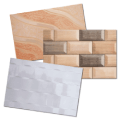
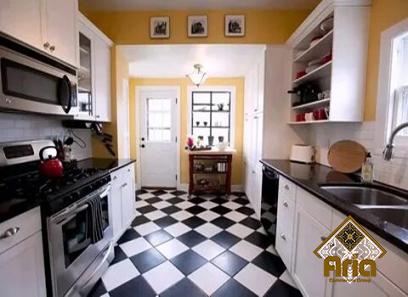
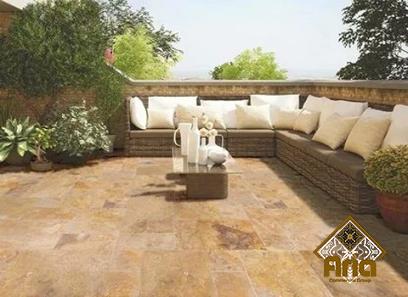
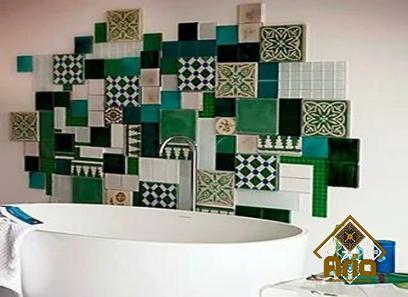
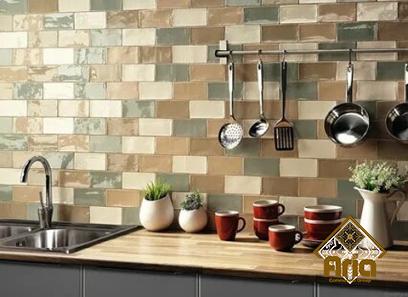
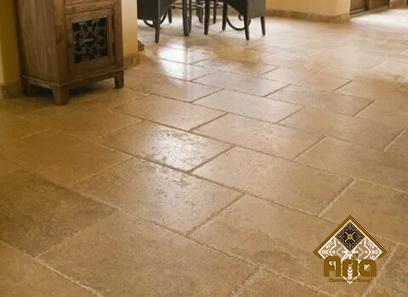
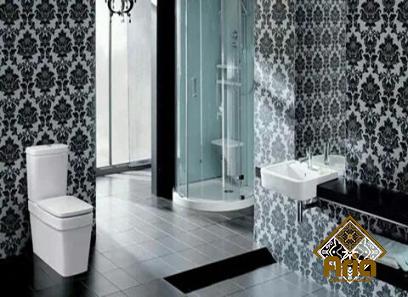
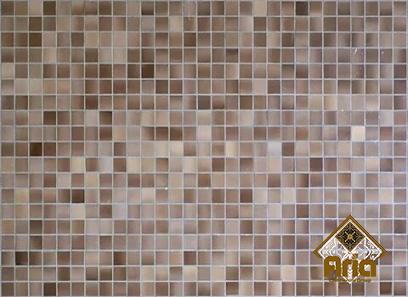
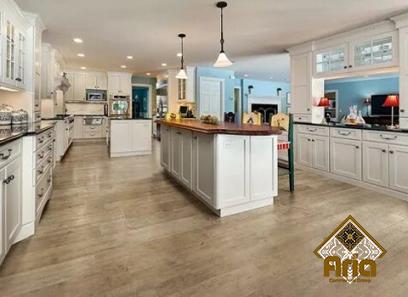
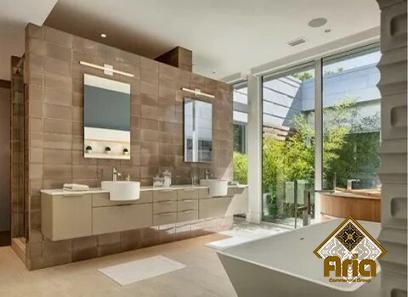
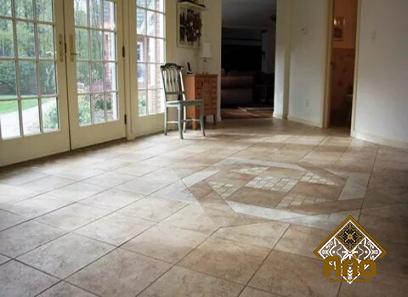
Your comment submitted.